15 Outdated Products Millennials Are Skipping On And It’s Costing Companies Big Bucks
Millennials have changed the way people shop, live, and spend money. Focusing on convenience, tech-savvy tools, and eco-friendly choices, they’ve moved away from many traditional products. As a result, several industries are seeing big losses because younger consumers aren’t interested in the same things as older generations.
Some of these items were once everyday essentials, but now they’re being replaced by faster, more brilliant, or more flexible alternatives. Here are fifteen products that millennials are ditching—and why companies are losing money because of it.
Cable TV Packages
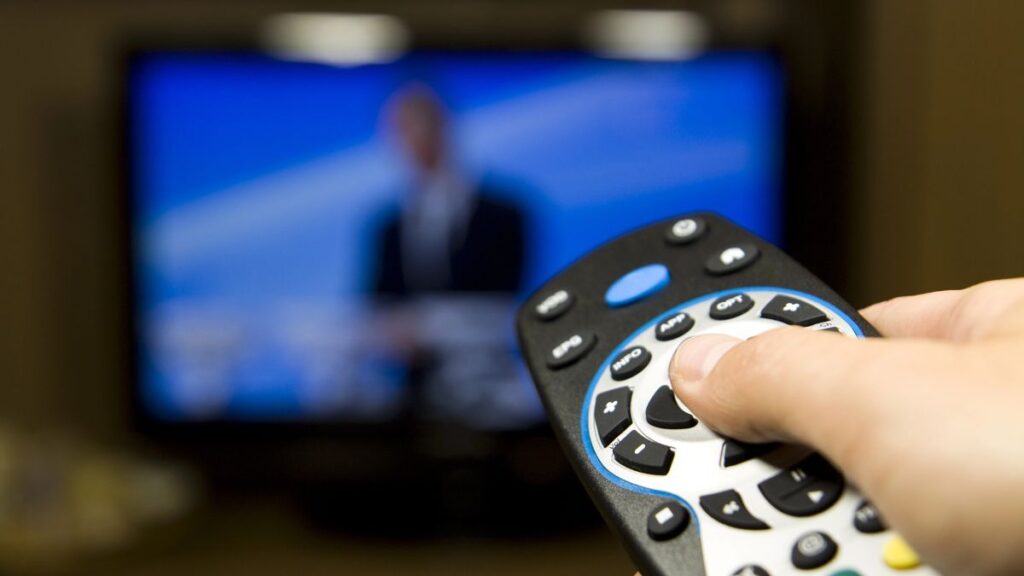
Millennials prefer streaming services over expensive cable bundles. They want to watch shows on their own schedule without paying for hundreds of channels they never use. As a result, traditional cable companies are losing subscribers and revenue. Platforms like Netflix and YouTube offer more flexibility and often cost less. Convenience and price are driving this big shift in viewing habits.
Landline Phones

Few millennials see the need for a landline when their smartphones do everything they need. Mobile phones are portable, personal, and often more affordable than maintaining a home phone. Phone companies that once profited from landline services are watching demand disappear. In many new homes and apartments, landlines aren’t even installed anymore. Wireless is the new standard.
Print Newspapers and Magazines

With instant news available online, fewer millennials buy printed newspapers or magazines. Instead, they get updates from apps, websites, or social media feeds. Print media companies have seen a steady decline in subscriptions and ad revenue. Digital content is faster, often free, and easier to share. Paper editions can’t keep up with the pace of modern information.
Traditional Alarm Clocks

Smartphones have replaced alarm clocks for most young adults. Why buy a separate device when your phone already wakes you up, plays music, and keeps your calendar? Sales of stand-alone alarm clocks have dropped sharply as phones do the job better. Electronics makers that relied on these once-popular items are seeing sales fade. Simplicity and space-saving solutions are more appealing.
Paper Maps and Atlases

GPS apps and smartphones have made paper maps almost irrelevant. Millennials rely on real-time navigation, traffic updates, and rerouting options that paper can’t provide. Map publishers are struggling to stay relevant in a digital-first world. While paper maps may feel nostalgic, most younger travelers see them as outdated. Technology has simply made navigation easier and more efficient.
CD and DVD Players
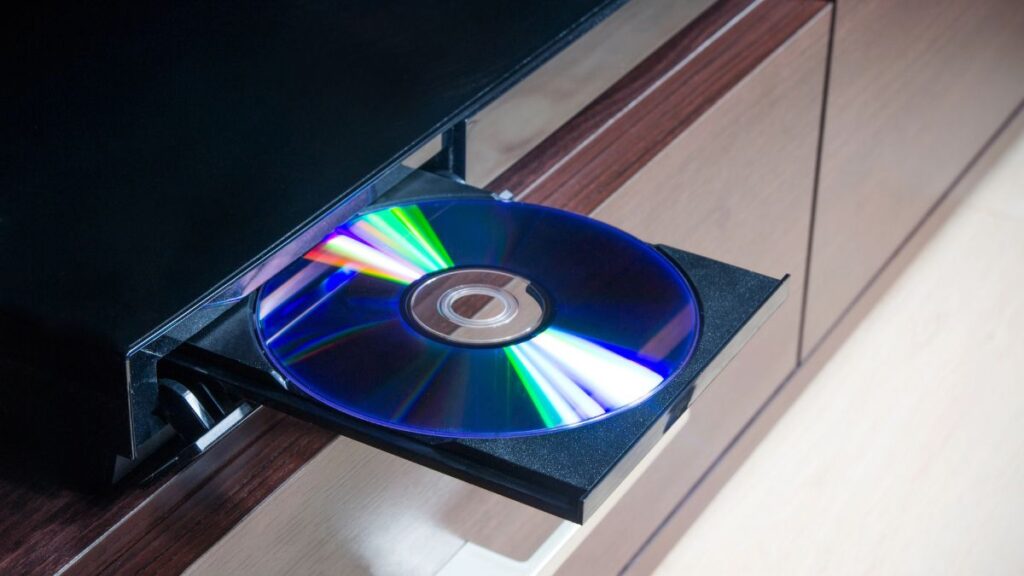
Streaming music and video has primarily replaced physical discs. Millennials use platforms like Spotify and Netflix instead of buying or renting CDs and DVDs. Electronics companies and media retailers are losing out on a once-huge source of revenue. Fewer people want to store physical media when digital access is so easy. Convenience and clutter-free living have taken over.
Checkbooks

Writing checks is becoming rare among younger adults, who prefer online banking, apps, and digital wallets. Checks are seen as slow, inconvenient, and outdated. Banks and companies that once sold checkbooks in large quantities are losing that market. Millennials expect faster, paperless solutions for managing their money. The shift toward digital payments is only growing.
Department Store Credit Cards

Many millennials are wary of store credit cards with high interest rates and limited rewards. They prefer cashback or travel cards with better perks and more flexible use. Retailers that once relied on credit card sign-ups for extra profit struggle to attract younger customers. Millennials are more financially cautious and often avoid unnecessary debt. Better options have replaced traditional store cards.
Fabric Softener
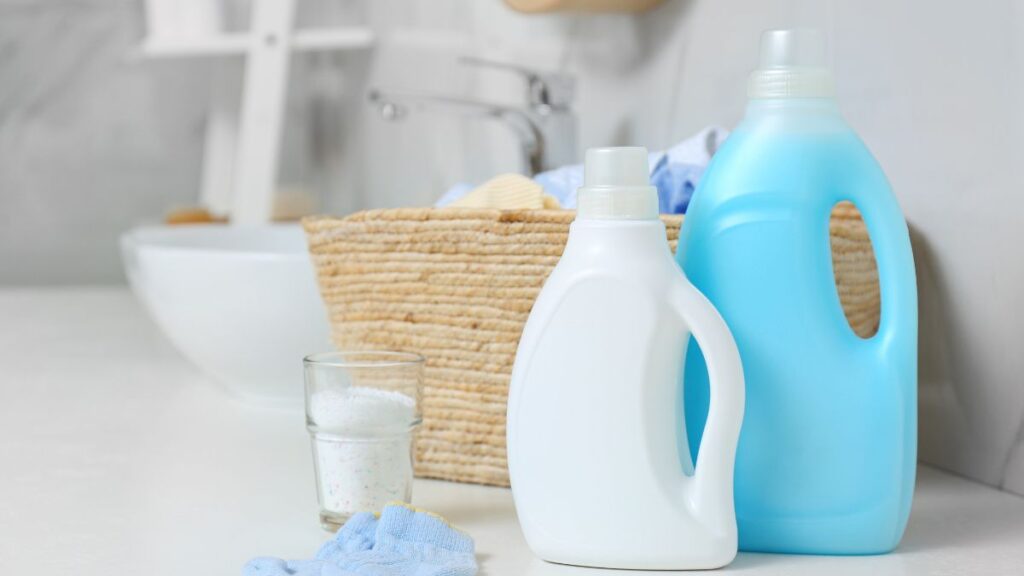
More eco-conscious millennials are skipping fabric softeners, seeing them as unnecessary and potentially harmful to the environment. Some also avoid it due to skin sensitivity or a preference for natural products. Sales of fabric softeners have dropped as newer generations focus on simpler, safer laundry routines. Big brands in the cleaning industry are feeling the impact. Clean, minimal, and fragrance-free options are winning out.
Bar Soap
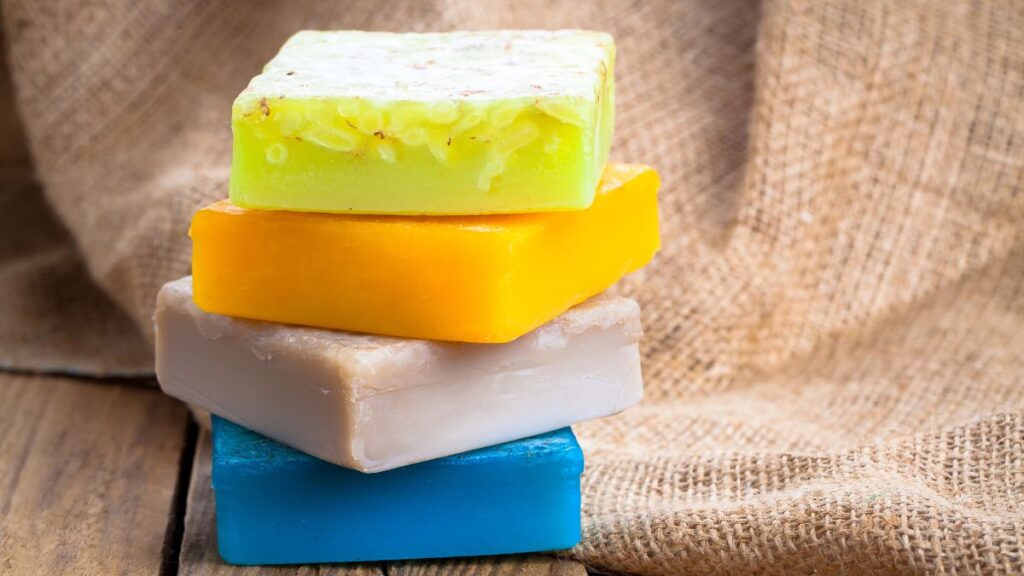
While older generations grew up using bar soap, many millennials prefer liquid or foaming soap for hygiene and convenience. They find it cleaner and easier to use, especially when sharing bathrooms. Soap companies that relied heavily on bar soap sales are seeing a shift in consumer habits. Liquid soap is more prevalent in public spaces too, reinforcing the trend. Preferences have changed, and so have sales numbers.
Fine China and Formal Dinnerware
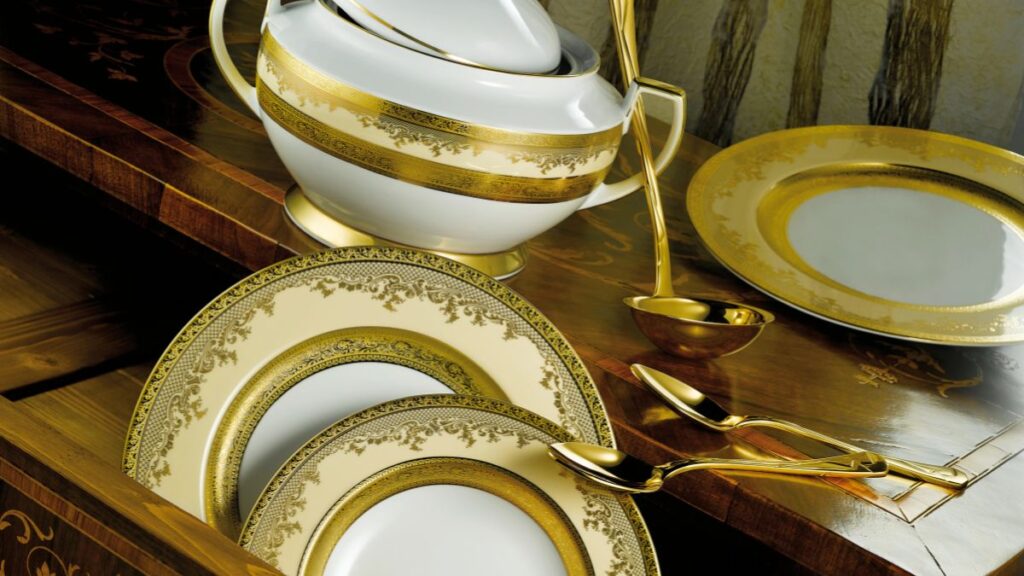
Millennials prioritize practical, everyday dishware over fancy china that’s rarely used. They’re also less likely to register for or purchase formal sets, especially if they live in small apartments. Companies that once thrived selling expensive dinnerware are seeing lower demand. Simpler, modern styles that can go in the dishwasher are more appealing. Function and affordability matter more than tradition.
Traditional Gyms

With busy schedules and a focus on flexibility, many millennials choose fitness apps, online classes, or boutique studios instead of traditional gym memberships. They want workouts that fit their lifestyle and don’t require long-term contracts. Big chain gyms are struggling to attract and keep younger members. The fitness world is shifting toward personalization and convenience. Virtual workouts and home equipment are leading the way.
Canned Tuna

Once a staple pantry item, canned tuna is losing popularity with younger consumers who prefer fresh options. Some are also concerned about sustainability and mercury levels. Tuna brands have seen sales decline as people turn to plant-based or alternative protein sources. Millennials are reading labels and thinking about the environmental impact. The shift is reshaping the canned goods aisle.
Napkins
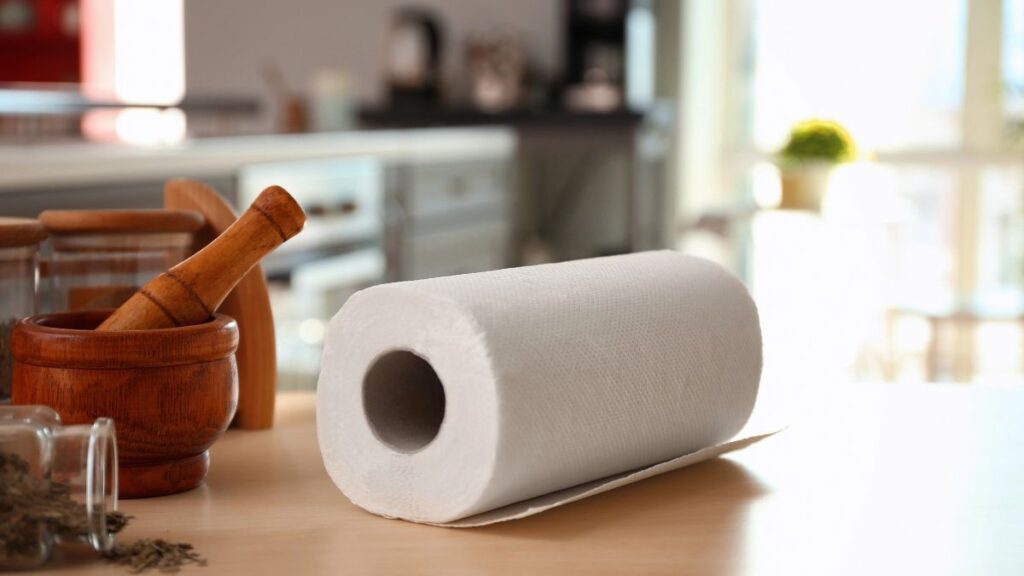
Millennials often choose paper towels or reusable cloths over buying paper napkins. It’s more practical and saves space, especially in smaller homes or apartments. Napkin makers have seen a decline in sales as habits change. Younger shoppers are more focused on multifunctional and eco-friendly products. The traditional napkin just isn’t a must-have anymore.
Cable News

Instead of tuning into cable news, many millennials get updates from online sources, podcasts, and social media. They prefer content they can access on demand and from multiple perspectives. Cable news channels are struggling to hold onto younger audiences. Trust, speed, and flexibility matter more than sticking to one network. The way people consume news has changed for good.
Related: 15 Clever Hacks To Reduce That Never-Ending Grocery Bill

Managing grocery expenses can be challenging for many households, especially with rising food costs and fluctuating budgets.
However, with some creativity and resourcefulness, you can implement numerous clever hacks to reduce your never-ending grocery bill without sacrificing the quality or variety of your meals.







